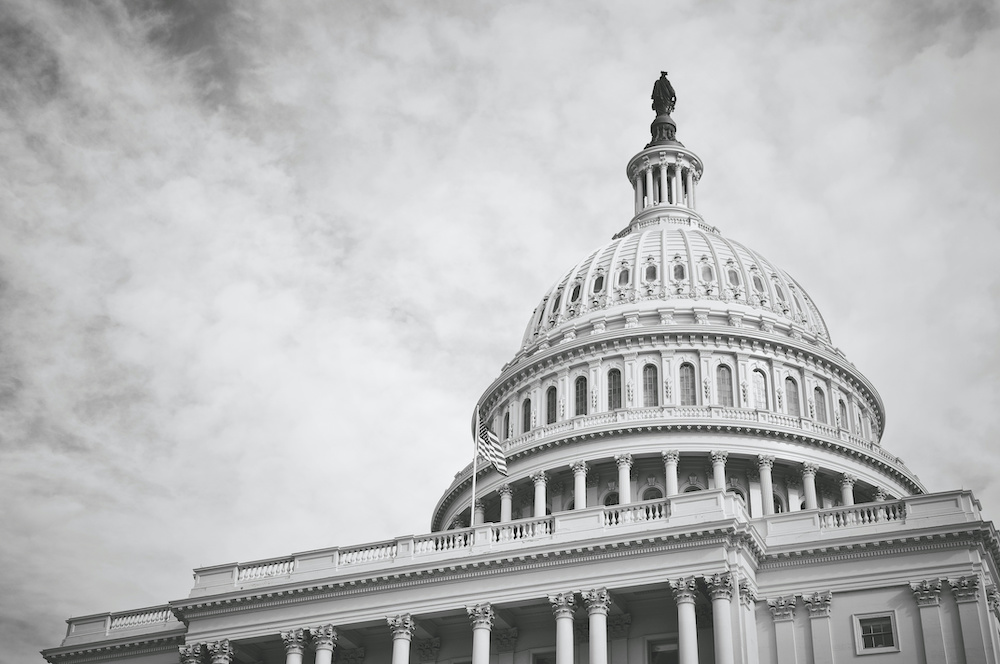
- Details
- By Levi Rickert
With only five Native American members in the 118th Congress, the congressional committee assignments they attain are important to Indian Country.
Seniority is another important factor. Republican Rep. Tom Cole (Chickasaw) is the longest serving Native American serving in Congress. With almost 20 years of experience on Capitol Hill, Cole, who is serving in his tenth term in the House of Representatives, was named on January 10, 2023 the chair of the powerful House Rules Committee by Speaker Kevin McCarthy. Cole is the first Native American to ever head the committee.
He served as Vice Chairman of the committee beginning in 2017 and as Ranking Member of the committee during the past two congresses.
Cole also serves on the House Appropriations Committee that allocates funding all across the federal government.
Rep. Sharice Davids, a tribal citizen of the Ho-Chunk Nation, is serving in her third term In Congress. Davids, a Democrat who serves the 3rd congressional district in Kansas was named vice chair of the Committee on Transportation and Infrastructure. Given the poor road conditions on most Indian reservations, Davids’ serving on the Committee on Transportation and Infrastructure may be beneficial to Indian Country.
“Too often, we only think about infrastructure when it fails—but when we make smart policy choices, infrastructure has the power to connect us and to build the foundation for future economic growth,” Davids said.
Davids was also reappointed to the House Agriculture Committee, which has jurisdiction over federal agriculture policy, including forestry, nutrition, conservation, and other agriculture-related fields. It also oversees rural development broadly.
As the first Alaska Native ever to serve in Congress, Rep. Mary Sattler Peltola (Yup'ik) was also appointed to the Committee on Transportation and Infrastructure committee. Membership on the Transportation & Infrastructure committee is highly sought-after, as this committee has jurisdiction over major infrastructure projects nationwide. It oversees important federal agencies, including the Department of Transportation, the US Coast Guard, the Federal Emergency Management Association, and the Federal Aviation Administration.
“I’m thrilled to receive the appointment to the Transportation & Infrastructure Committee,” said Representative Peltola. This Committee’s work is critical to our state’s economic development. As Alaska depends on federal infrastructure dollars to support projects statewide, this position will enable my office to exercise more influence over funding that is crucial to growth in Alaska. I look forward to bringing home real results.”
Rep. Josh Bresheen, who is a tribal citizen of the Choctaw Nation, is serving his first term in Congress. A Republican, he was elected to serve Oklahoma’s 2nd congressional district, for the open congressional seat held by Sen. Markwayne Mullin, who was elected to the U.S. Senate.
“It is an honor to serve on both the House Committee on Homeland Security and the Budget Committee,” Brecheen said.
The Native Americans serving in Congress are listed by seniority:
Rep. Tom Cole (R-OK-4th District)
- Rules Committee - Chairman
- Appropriations Committee - Vice Chairman
Rep. Sharice Davids (D-KS-3rd District)
- Committee on Transportation and Infrastructure - Vice-Chair
- Committee on Small Business
- Committee on Agriculture
- Joint Economic Committee
Rep. Mary Sattler Peltola (D-AK-At-Large)
- Committee on Transportation and Infrastructure
- House Natural Resources Committee
Rep. Josh Brecheen ((R-OK-2nd District)
- Committee on the Budget
- Committee on Homeland Security
More Stories Like This
Native News Weekly (August 25, 2024): D.C. BriefsUS Presidents in Their Own Words Concerning American Indians
Indigenous Actor Elaine Miles Reports Detention by Alleged ICE Agents
Happy Thanksgiving from Native News Online
Coming Up on Native Bidaské: Behind the Animation: Joey Clift Talks “Pow” and Native Storytelling
Help us tell the stories that could save Native languages and food traditions
At a critical moment for Indian Country, Native News Online is embarking on our most ambitious reporting project yet: "Cultivating Culture," a three-year investigation into two forces shaping Native community survival—food sovereignty and language revitalization.
The devastating impact of COVID-19 accelerated the loss of Native elders and with them, irreplaceable cultural knowledge. Yet across tribal communities, innovative leaders are fighting back, reclaiming traditional food systems and breathing new life into Native languages. These aren't just cultural preservation efforts—they're powerful pathways to community health, healing, and resilience.
Our dedicated reporting team will spend three years documenting these stories through on-the-ground reporting in 18 tribal communities, producing over 200 in-depth stories, 18 podcast episodes, and multimedia content that amplifies Indigenous voices. We'll show policymakers, funders, and allies how cultural restoration directly impacts physical and mental wellness while celebrating successful models of sovereignty and self-determination.
This isn't corporate media parachuting into Indian Country for a quick story. This is sustained, relationship-based journalism by Native reporters who understand these communities. It's "Warrior Journalism"—fearless reporting that serves the 5.5 million readers who depend on us for news that mainstream media often ignores.
We need your help right now. While we've secured partial funding, we're still $450,000 short of our three-year budget. Our immediate goal is $25,000 this month to keep this critical work moving forward—funding reporter salaries, travel to remote communities, photography, and the deep reporting these stories deserve.
Every dollar directly supports Indigenous journalists telling Indigenous stories. Whether it's $5 or $50, your contribution ensures these vital narratives of resilience, innovation, and hope don't disappear into silence.
 The stakes couldn't be higher. Native languages are being lost at an alarming rate. Food insecurity plagues many tribal communities. But solutions are emerging, and these stories need to be told.
The stakes couldn't be higher. Native languages are being lost at an alarming rate. Food insecurity plagues many tribal communities. But solutions are emerging, and these stories need to be told.
Support independent Native journalism. Fund the stories that matter.
Levi Rickert (Potawatomi), Editor & Publisher

